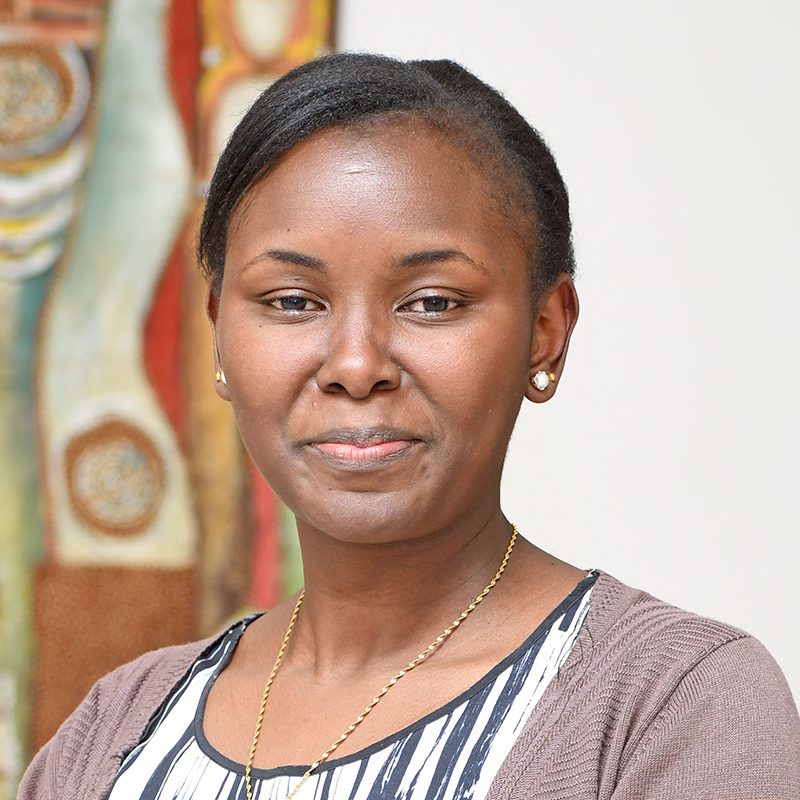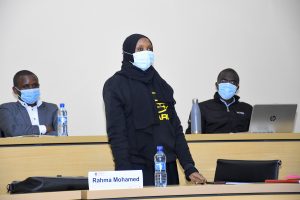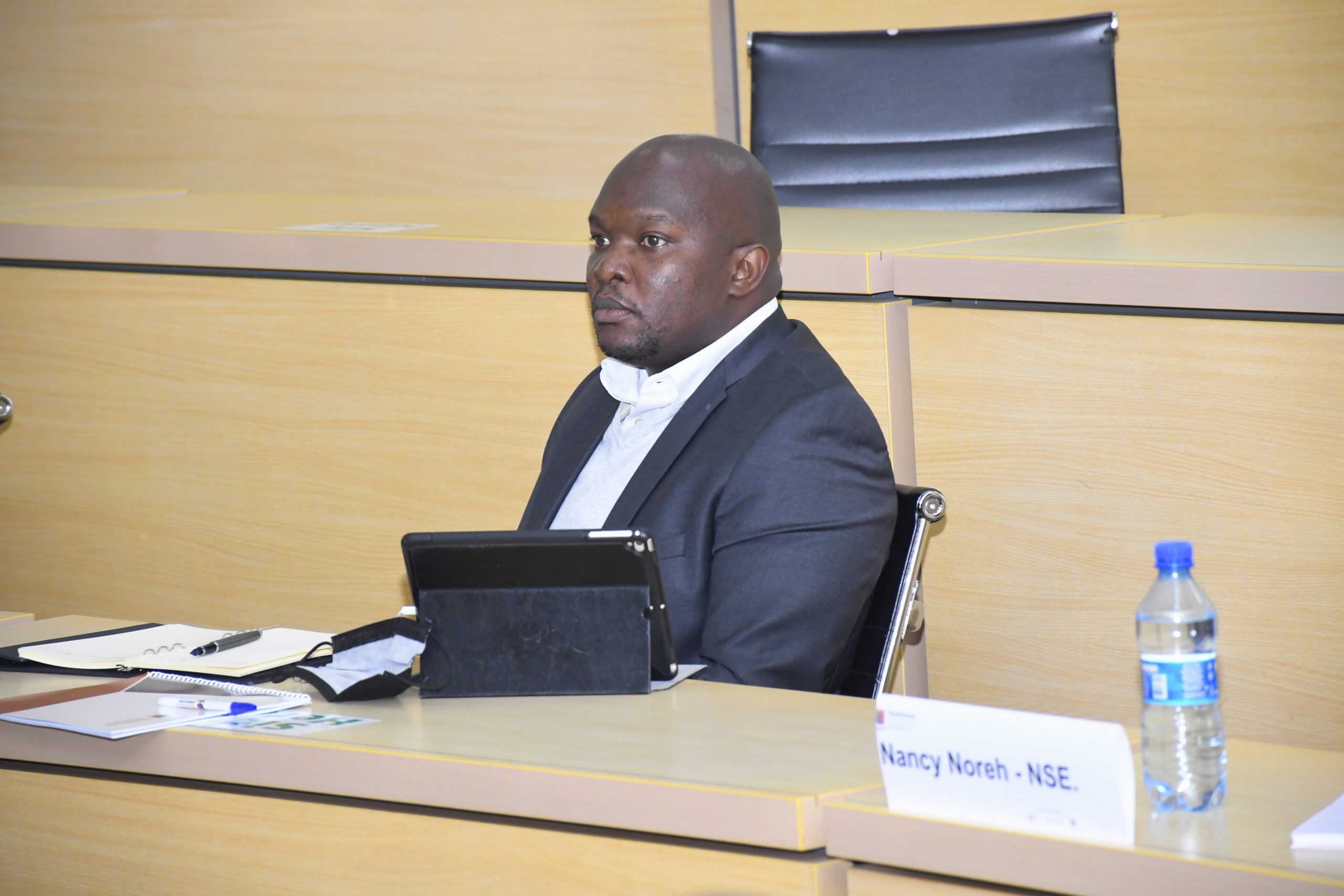The Nairobi Securities Exchange derivatives market (NEXT), was launched on 4th July 2019, with the aim of facilitating the trading of the futures contract on the Kenyan Market and is regulated by the Capital Markets Authority (CMA).
According to the Nairobi Securities Exchange the key reasons leading to the formation of the Nairobi Securities Exchange derivatives market (NEXT) included:
- Increased integration of the Kenyan financial markets with international markets;
- Increased volatility in asset prices in local and international financial markets;
- The need for more sophisticated risk management tools and strategies;
- The need to broaden and deepen Kenyan financial markets.
However, since its launch, the Derivatives Market in Kenya has faced quite a number of challenges such as: lack of proper legislative regulations, low-level awareness among potential investors, high frictional costs involved, inadequate risk management and segmented regulations.
The Second-year Master of Commerce Programme students are currently taking a unit on Derivatives Markets. As part of their class assignment, they were challenged to come up with recommendations to some of the market challenges facing the Derivatives Market in Kenya.
On Wednesday, 11th August 2021, the students shared their findings and proposed recommendations to a team of market practitioners, including Terry Adembesa, Chief Business Officer, Nairobi Securities Exchange (NSE), Jared Osoro – Director, Credit Markets, FSD Africa and Nancy Noreh – General Manager, Finance & Administration at Sterling Capital.
Since the introduction of the Derivatives Single Stock Future back in July 2019, the market has not attracted the liquidity that had been envisioned. The first group aimed to look at how to attract liquidity in the Derivatives Single Stock Future trading.
In their research, the team found that by the second year of introduction of derivative markets in South Africa and India, who are considered the pioneers in the market, these markets were able to increase their liquidity.
The team’s research highlighted some of the reasons causing the stunted growth of the Derivatives market in Kenya as: Lack of skills in the field, the low financial turnover of the financial markets and the fact that some Kenyan banks are using derivatives to hedge.
The study conducted by this group had four main objectives:
- Find out the impact of investor knowledge on derivatives market
- To find out the ease of accessing the derivatives market
- To find out if product diversification increases liquidity of the derivatives market
- To find out if the security prices affected the market’s liquidity
In 2021, global markets are expected to transition from London Interbank Offered Rate (LIBOR) to a truly market based Risk-Free Rates (RFR). LIBOR is one of the most widely used benchmarks for determining short-term interest rates across the world.
In Kenya, there are increasing concerns that the CBR rate does not truly reflect the market, and hence need to come up with new rates.
The second group was tasked with demonstrating how the suggested CBR rate would stir derivatives trading in Kenya by conducting a thorough review of existing rates, locally and globally, and coming up with a concrete proposal on a suitable rate that can be adopted in Kenya.
The key objectives of the study by Group 2 were:
- To determine the need to transition from LIBOR
- To thoroughly review global and local rates
- To determine a suitable benchmark rate
- To determine how the new rate will stir stir derivative trading
About the Master of Commerce Programme
The Master of Commerce (MCOM) is a programme designed for those who wish to advance academically and professionally in business science, with specializations in Strategic Management Accounting, Sustainability Accounting, Finance, Marketing, International Business Management, Management Science and Strategic Management.
This Programme seeks to prepare students, not only in the academic field but also prepares graduates to manage organisations in diverse operations. The programme equips candidates with critical skills which are required in the workplace.
Apply for the September 2021 Intake here
By Juliet Hinga
Would you like to share an article? Write to us at sbscommunication@strathmore.edu
Share This Story, Choose Your Platform!
Your journey to business excellence starts here. Subscribe today and be at the forefront of innovation and leadership.











